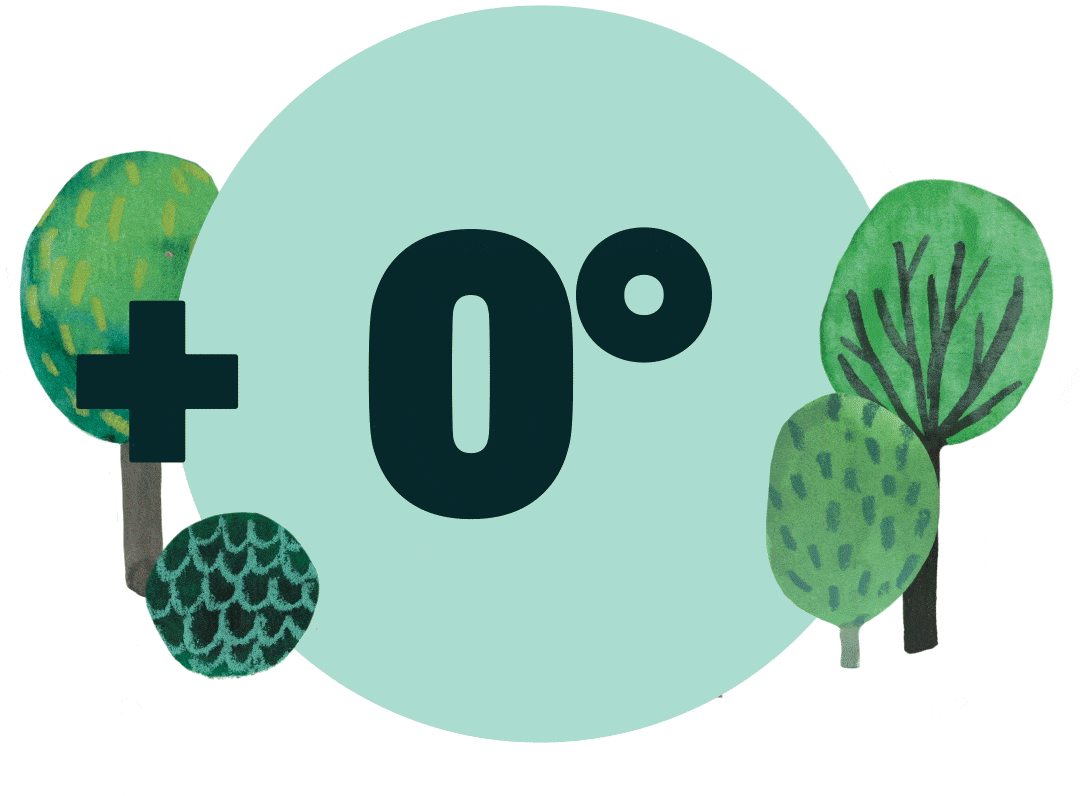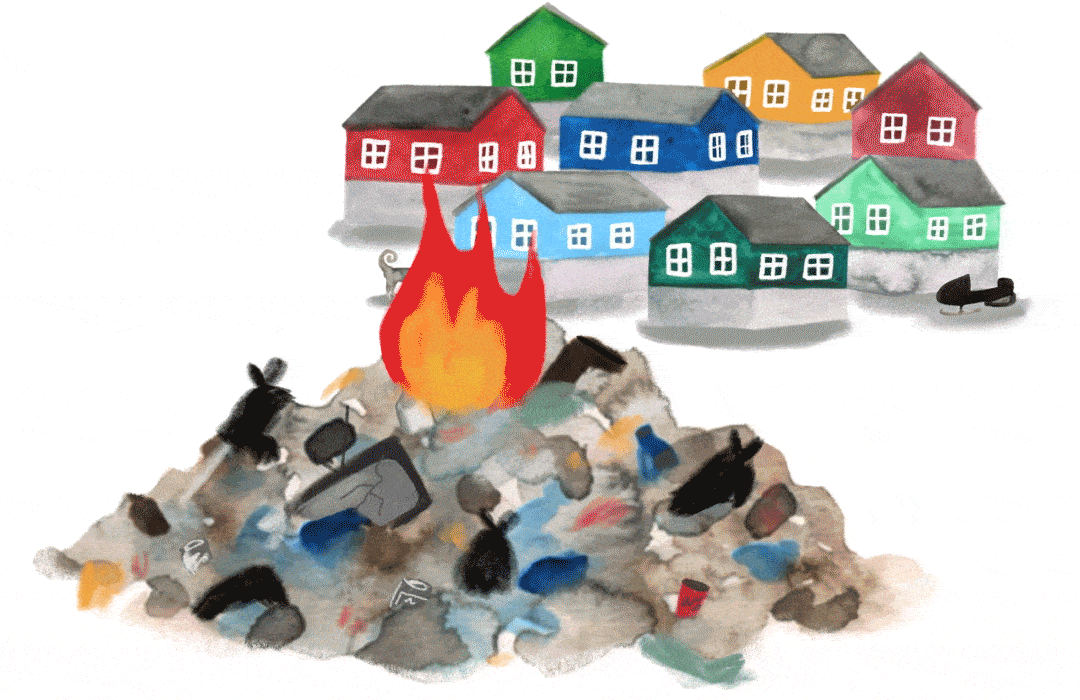What is environmental justice?
Some underprivileged, racialized and Indigenous communities bear an inequitable and disproportionate burden of environmental damages and risks. For example, they could be overexposed to the impacts of climate change or to contaminants emitted by polluting industries. Environmental justice is the act of bringing these injustices to light, and developing and implementing measures — tools, strategies and policies — to address them.
It is essential for Quebec to adopt laws that address environmental injustices if it hopes to become a more equitable, climate-resilient society.
Environmental risks often have greater consequences for the health of underprivileged, immigrant, racialized and Indigenous populations. Quebec can and must act to end environmental injustices in the province.
Environmental justice includes access to nature

In Montreal, neighbourhoods populated by people of lower socio-economic status have less greenery. That means these urban areas are more likely to experience higher temperatures than surrounding areas; in other words, a “heat island effect.”
Research shows that there are heat islands in 73 per cent of the Montreal neighbourhoods with the lowest socio-economic standing, compared to only 20 per cent of neighbourhoods with the highest socio-economic standing. The difference in temperature between a heat island (e.g., a parking lot) and a cool island (e.g., a park) can be up to 12 C. These differences can exacerbate health risks during heat waves.
The difference in temperature between a heat island and a cool island can be up to 12°C.
Environmental justice includes waste management

In Quebec’s northern villages, garbage burning emits toxic contaminants and smoke that can reach inhabited areas. Open burning of garbage has been recognized as a likely cause of high health risks for exposed populations.
Inuit and Naskapi communities repeatedly raised concerns about open burning during consultations in 2021 for an inquiry commissioned by Quebec’s Bureau of Environmental Public Hearings (BAPE) on the status of final waste management in Quebec. BAPE’s inquiry found the government of Quebec should make every effort to develop alternatives to open garbage burning in partnership with local and regional communities.
Quebec communities leading the way
Meet some of the groups doing important groundwork to end environmental injustices throughout Quebec.
Through their activism and community work, they are at the forefront of the movement to shape a more equitable, climate-resilient society.
We can and must act to end environmental injustices
The following recommendations spanning equity, public health and human rights would enable Quebec to become a leader in environmental governance and the fight against climate change:
- Adopt legislation to advance environmental justice
- Establish an environmental justice advisory committee comprising members with knowledge or experience in environmental justice, climate change, disaster preparedness, racism, Indigenous Peoples’ rights, public health and other areas of expertise
- Expand the right to a healthy environment
- Become equipped to better describe and document incidences of environmental injustice
- Improve public participation in environmental decision-making
- Implement the United Nations Declaration on the Rights of Indigenous Peoples and Joyce’s Principle and support implementation of the Assembly of First Nations Quebec-Labrador Action Plan on Racism and Discrimination
- Ensure equity in our environmental actions
- Amend Section 31.3 of the Environmental Quality Act to formally consider health and climate change impacts and formally respect the principle of free, prior and informed consent of Indigenous Peoples
- Enhance the legal framework to ensure that the cumulative impacts of projects carried out in Quebec are taken into account
Taking these measures can save lives. They prevent ineffective public policies, save huge health costs, promote social cohesion and increase Quebec’s resilience to climate change.
Be part of the solution
Pollution and environmental degradation disproportionately harm vulnerable populations.